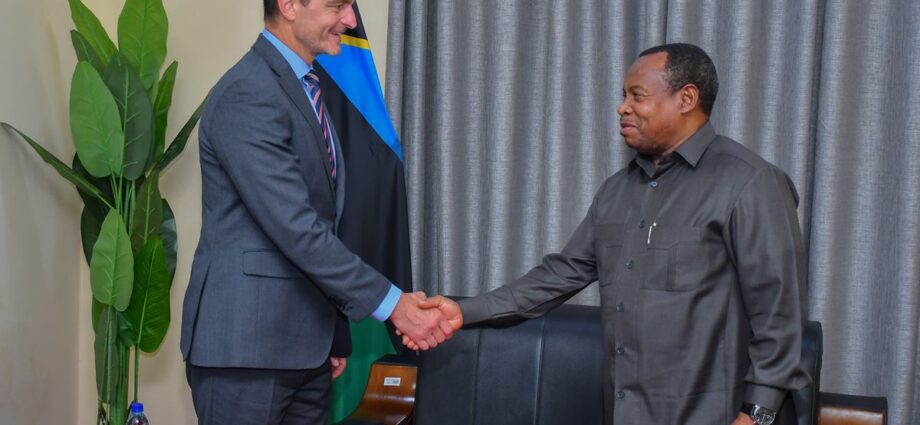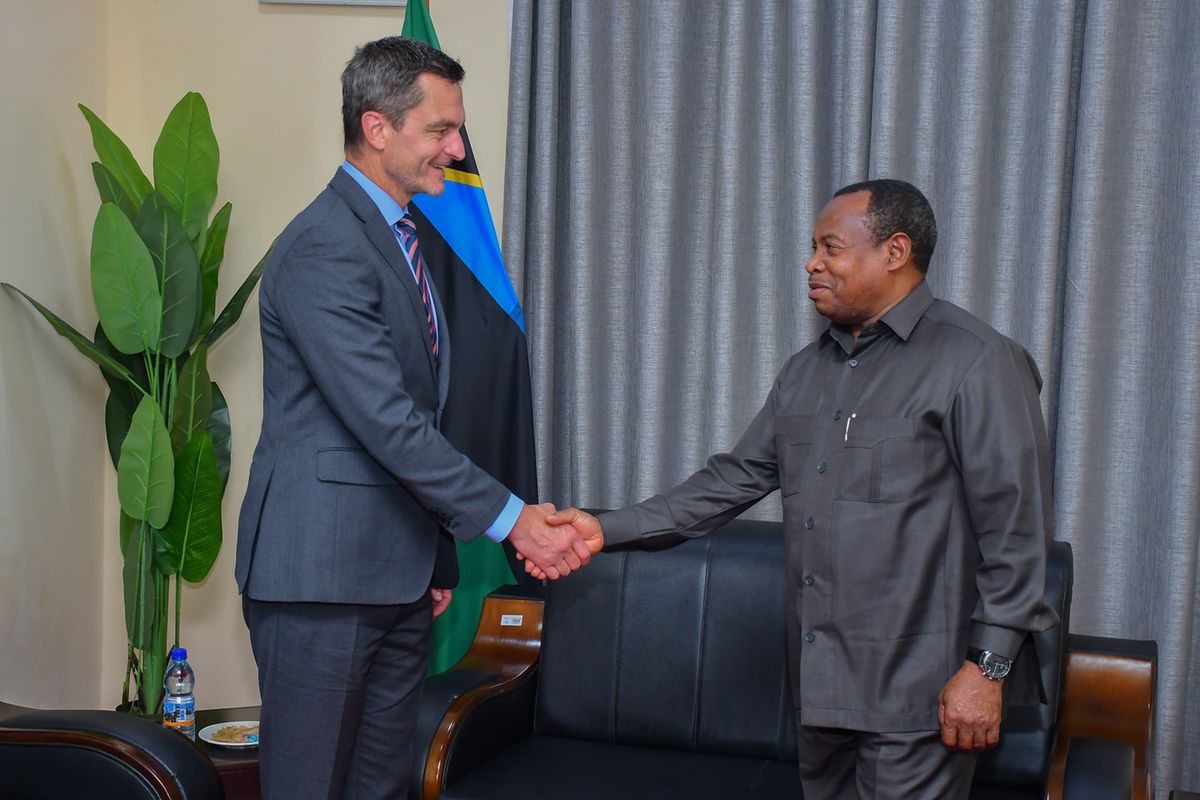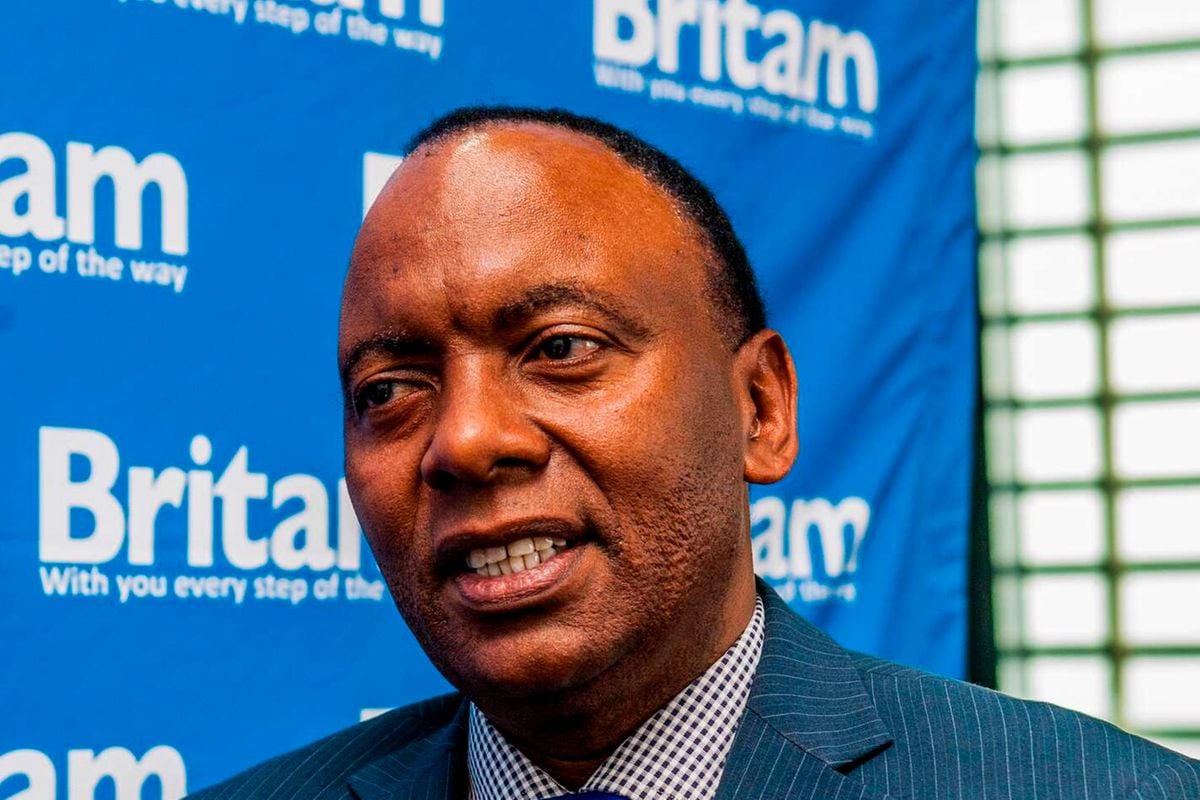Unguja. Zanzibar’s First Vice President, Othman Masoud Othman, has on Monday August 12, met with a delegation from the US Embassy in Tanzania, at his office in Migombani, Urban-West Region of Unguja.
The delegation, led by Deputy US Ambassador Mr Andrew Lentz, visited to introduce themselves and discuss various issues, including politics, the economy, development, and the future of the country in the lead-up to the 2025 general election.
During the discussions, Othman emphasised the need to restore the trust of the people of Zanzibar to build a better future of peace, economic stability, and development for both Zanzibar and Tanzania as a whole.
He noted that since the country returned to a multi-party political system, Zanzibar has yet to experience an election that satisfies all parties. Instead, elections often lead to dissatisfaction, pain, and divisions, especially affecting opposition supporters, which undermines national peace and development.
“To restore trust in the government and authorities and to address fears and oppressive electoral systems, genuine political intent and the practical implementation of democracy are essential,” Othman stated.
He highlighted several areas needing urgent reform before the 2025 general elections, including issuing Zanzibar ID cards to citizens, ensuring proper registration in the Permanent Voter Register (PVR), eliminating ghost voters, preventing ballot theft through a two-day election, establishing an independent commission to oversee democracy and fair elections, and ending the use of security forces in election-related violence.
Mr Othman also stressed that strengthening the national economy requires accountability and transparency to attract foreign investment, noting that “investors always invest in peace.”
He requested continued cooperation from the US government to assist Zanzibar in securing reliable electricity, which would promote self-sufficiency and accelerate development, as well as support for implementing the Blue Economy Policy.
He emphasised the economic opportunities available if effective strategies are put in place to empower youth and reduce unemployment, rather than using this vital segment of society to undermine elections for the benefit of a few self-serving politicians.
He concluded that empowering youth in sectors such as fishing, agriculture, and livestock would enable them to self-employ, create wealth, and contribute to national development and income.
Ambassador Lentz pledged to continue fostering cooperation between the US, Zanzibar, and the United Republic of Tanzania, highlighting the importance of citizens’ confidence in their peace and faith as the upcoming general elections approach.
He also mentioned that during his visit, he and his delegation had discussions with several youth who expressed concerns about potential issues in the next general elections.















